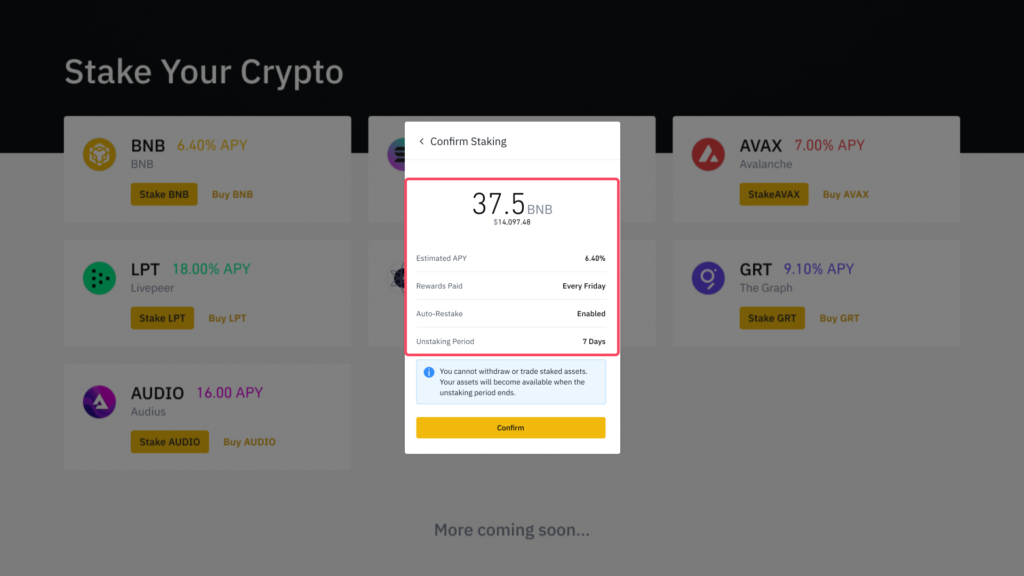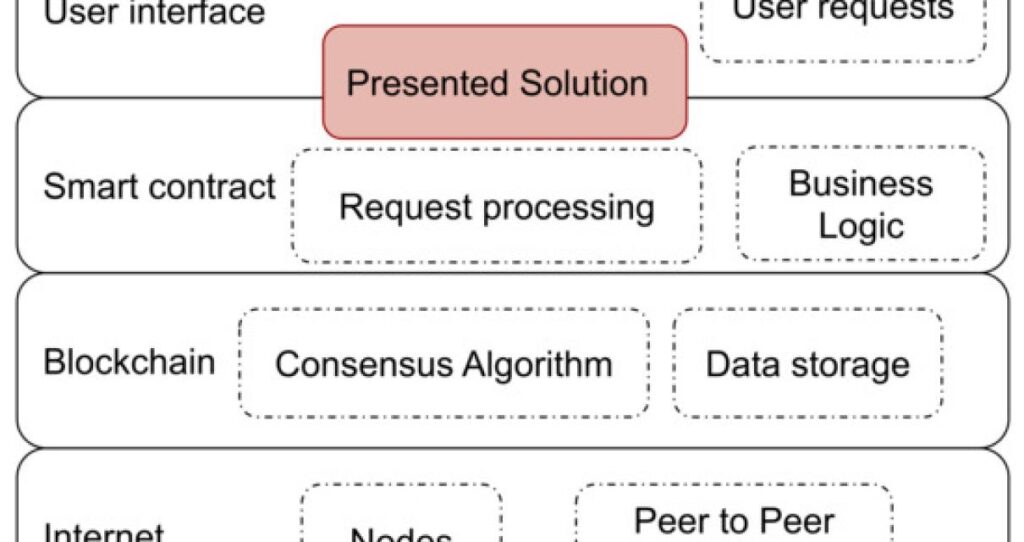In the world of marketing, data is king. Every interaction a customer has with a brand leaves behind valuable information that can be used to improve marketing strategy. However, with so much data available, it can be overwhelming to know where to start. That’s where data analytics comes in. By utilizing advanced technologies and statistical methods, data analytics can help businesses make sense of their data and uncover insights that can drive marketing success.
Data analytics can provide businesses with a deep understanding of their customers. By analyzing customer behavior and preferences, businesses can tailor their marketing efforts to better align with their target audience. This leads to increased engagement, higher conversion rates, and ultimately, greater revenue. Additionally, data analytics can help businesses identify trends and patterns in their data. This can be used to optimize marketing campaigns and improve ROI, as businesses can make data-driven decisions about where to allocate their resources. Overall, data analytics is a powerful tool for businesses looking to improve their marketing strategy and drive growth in today’s data-driven economy.
Data analytics can help businesses improve their marketing strategy by providing insights into customer behaviors, preferences, and trends. This can help companies target their marketing campaigns more effectively and efficiently, allowing them to optimize their budget and increase ROI. It can also help companies track the performance of their campaigns, see which channels are performing the best, and identify areas for improvement.
Data analytics can also provide valuable insights into customer demographics and segmentation. This can help companies focus their efforts on the right audience and tailor their messaging to better meet their needs. Additionally, data analytics can be used to measure the effectiveness of campaigns and make adjustments based on real-time performance.

How Can Data Analytics Improve Marketing Strategy?
Data analytics can provide businesses with valuable insights and information that can be used to improve their marketing strategies. By leveraging data, marketers can understand their audience better, create more effective campaigns, and optimize their budgets. This article will explore how data can be used to improve marketing strategies and how it can help businesses achieve their goals.
Understand Your Audience
Data analytics can help marketers better understand their target audience. By analyzing customer data, marketers can gain insights into customer preferences, pain points, and other demographic information. This information can be used to create more targeted campaigns and more personalized messaging that resonates with customers. Additionally, data analytics can help marketers identify new customer segments and target them with more relevant messaging.
Data analytics can also be used to track customer behavior. By analyzing customer interactions with the website, marketers can determine which content and campaigns customers are engaging with. This data can help marketers understand what type of content resonates with customers, allowing them to create more effective campaigns.
Create More Effective Campaigns
Data analytics can also be used to create more effective campaigns. By analyzing customer data, marketers can identify which messages are resonating with customers and which are not. Additionally, data can be used to determine the best channels and times to reach customers. This data can be used to optimize campaigns and ensure they are reaching the right people at the right time.
Data analytics can also be used to track the performance of campaigns. By analyzing data, marketers can identify which campaigns are successful and which need to be optimized. This information can be used to adjust campaigns and ensure they are performing as expected.
Optimize Your Budget
Data analytics can also be used to optimize marketing budgets. By analyzing customer data, marketers can identify which channels and campaigns are generating the most ROI. This data can be used to allocate budgets more effectively and ensure that marketing dollars are being spent in the most effective way. Additionally, data analytics can be used to identify which channels and campaigns are not performing as expected, allowing marketers to optimize their budgets accordingly.
Measure Results
Data analytics can also be used to measure the results of marketing campaigns. By tracking data, marketers can identify which campaigns are generating the most leads and conversions. This data can be used to optimize campaigns and ensure they are performing as expected. Additionally, data analytics can be used to track customer lifetime value, allowing marketers to identify which campaigns are creating the most value for the business.
Conclusion
Data analytics can be a powerful tool for improving marketing strategies. By leveraging data, marketers can gain valuable insights into their audience, create more effective campaigns, optimize their budgets, and measure their results. In today’s digital world, data analytics is essential for businesses looking to stay ahead of the competition.
Frequently Asked Questions
Data analytics has become an invaluable asset to any marketing strategy. It allows businesses to have a better understanding of their customers, target markets, and the effectiveness of their campaigns. In this article, we will explore how data analytics can improve your marketing strategy.
1. How can data analytics help improve my marketing strategy?
Data analytics can provide invaluable insights into customer behavior, allowing businesses to optimize their marketing strategy and tailor their campaigns to their target audiences. By leveraging data analytics, businesses can gain insights into customer demographics, buying habits, and preferences, allowing them to create targeted campaigns that are more likely to be successful. Additionally, data analytics can also be used to measure the effectiveness of campaigns, enabling businesses to make adjustments to ensure maximum performance.
2. How can I use data analytics to target my customers?
Data analytics can provide businesses with a wealth of information about their customers, such as demographics, interests, and buying habits. This data can be used to create targeted campaigns that are more likely to resonate with customers. Businesses can also use data analytics to identify customer segments and tailor their campaigns to each segment. This can help businesses reach more customers, as well as ensure that their campaigns are more effective.
3. How can data analytics help me measure the effectiveness of my campaigns?
Data analytics can be used to measure the effectiveness of campaigns by tracking customer engagement and conversions. By tracking customer engagement, businesses can identify which campaigns are resonating with their target audiences and which are not. Additionally, businesses can track conversions to determine which campaigns are driving the most sales. This data can be used to adjust campaigns and ensure maximum performance.
4. What are some best practices for using data analytics in marketing?
When using data analytics for marketing, it’s important to ensure that the data is accurate and up-to-date. Additionally, businesses should ensure that they are leveraging the right data points to create campaigns that are relevant to their target audience. Additionally, businesses should ensure that they are utilizing data-driven insights to adjust their campaigns and ensure maximum performance.
5. What are the benefits of using data analytics in marketing?
Using data analytics in marketing can provide businesses with a variety of benefits. Data analytics can allow businesses to gain insights into their customers and target markets, allowing them to create more targeted and effective campaigns. Additionally, data analytics can be used to measure the effectiveness of campaigns, allowing businesses to adjust their strategies and ensure maximum performance. Finally, data analytics can also be used to identify customer segments and tailor campaigns to each segment, allowing businesses to reach more customers.
In conclusion, data analytics has revolutionized the marketing industry. With the increasing amount of data available to businesses, it has become essential to analyze this data to make informed decisions. By leveraging analytics tools, businesses can gain valuable insights into consumer behavior, preferences, and trends. These insights can help businesses tailor their marketing strategies to reach their target audience more effectively and efficiently.
Data analytics has also enabled businesses to measure the effectiveness of their marketing campaigns in real-time. This allows them to make necessary adjustments to their strategies to improve their ROI. Overall, data analytics has become an indispensable tool for businesses looking to improve their marketing strategies and gain a competitive edge in today’s ever-evolving market. As technology continues to advance, it is clear that data analytics will play an even more significant role in shaping the future of marketing.




